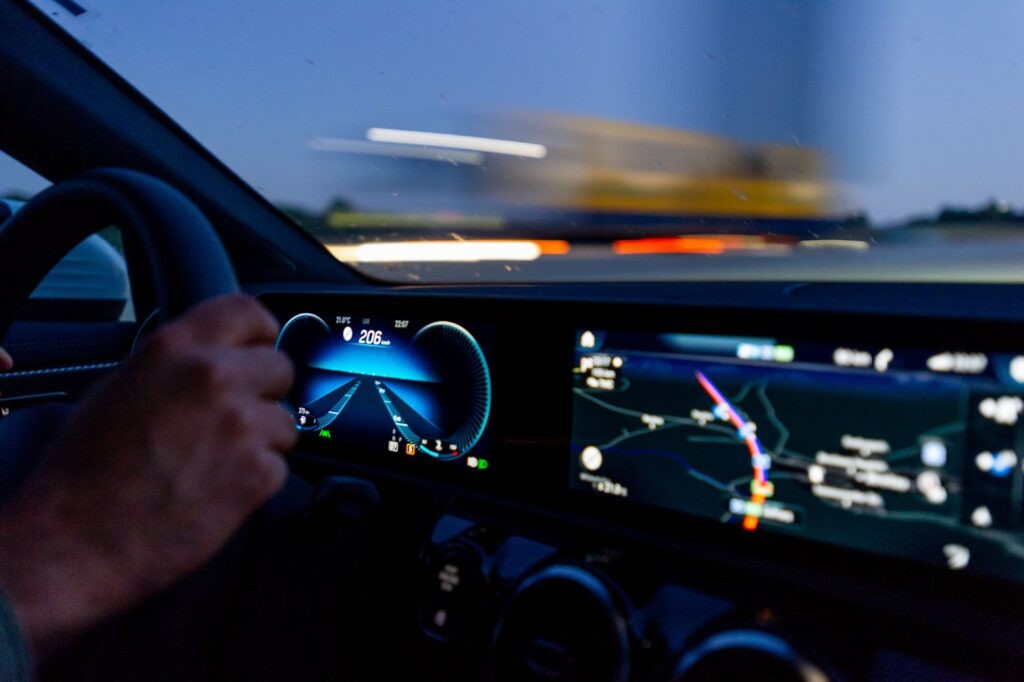DUI checkpoints in Massachusetts are part of an ongoing campaign of efforts, conducted by law enforcement and the state government, against drunk driving. The intention is to reduce drunk driving accidents without conducting unwarranted searches, which would compromise citizens’ constitutional rights. Read on to learn more about what OUI/DUI checkpoints are and what’s expected of you if you’re ever stopped at one.
What is a DUI Checkpoint?
An OUI/DUI checkpoint, also sometimes referred to as a sobriety checkpoint, is a clearly demarcated roadblock, established on a temporary basis, where police officers are stationed for several hours at a time. At this checkpoint, officers perform brief sobriety checks, without any basis of suspicion, on a number of the drivers who pass through. Not everyone who drives up to a checkpoint is tested; some drivers are simply waved along. Police must use a pre-determined pattern or sequence to dictate which cars are stopped and which are not.
When police officers establish an OUI/DUI checkpoint, they must ensure that both the checkpoint itself and the checks they conduct while stationed there adhere successfully to all necessary conditions. If all outlined points of criteria are not met, the sobriety checkpoint is illegal and unconstitutional.
These conditions include the requirement that advance notice is provided to the public of the checkpoint’s presence; the checkpoint must be held at a location where drunk driving has been an issue in the past; the process by which police select drivers to check must abide by a pre-approved plan that ensures neutrality and prohibits stops from being conducted arbitrarily or as a form of targeting. For example, officers may stop every single vehicle or every third car that comes through the checkpoint. They may not exercise judgment in deciding who to stop.
What Happens at a DUI Checkpoint?
When you approach a DUI checkpoint, you’ll see signs instructing you to slow down and prepare to stop. Once you’re close, a police officer will either wave you through the checkpoint or direct you to stop.
If you’re stopped, the officer cannot ask you for your license and registration, rather they provide a brief greeting, for instance, “good evening, this is a State police sobriety checkpoint and we are checking for operators who may be intoxicated.” During this interaction, the officer will observe you and your vehicle for any indications that you might be driving drunk or otherwise under the influence. This may include checking for the smell of alcohol, listening for slurred speech, or looking for dazed and bloodshot eyes.
Unless the officer observes anything that indicates to them that you may be operating a vehicle under the influence of alcohol or drugs, the stop will be brief. However, if they observe that you may not be sober, you’ll be directed to a nearby secondary location known as “the pit.” If you relocate to the pit, you will be subject to further steps such as a field sobriety test and a breathalyzer test. If you fail those tests, you can expect to be charged with an OUI/DUI.
If you were arrested for OUI/DUI at a checkpoint in Massachusetts, contact an experienced local OUI/DUI lawyer immediately. Because of the stringent and highly specific guidelines surrounding DUI checkpoints, there is still the potential for a strong defense if the officers conducting the sobriety check deviated at all from procedure.
Attorney James Milligan has been exclusively practicing OUI/DUI defense in the state of Massachusetts for over 20 years. Get in touch to schedule your free case evaluation.
{{cta(\’5493494e-dbd6-4389-a74c-fbde9f15fb6f\’)}}


